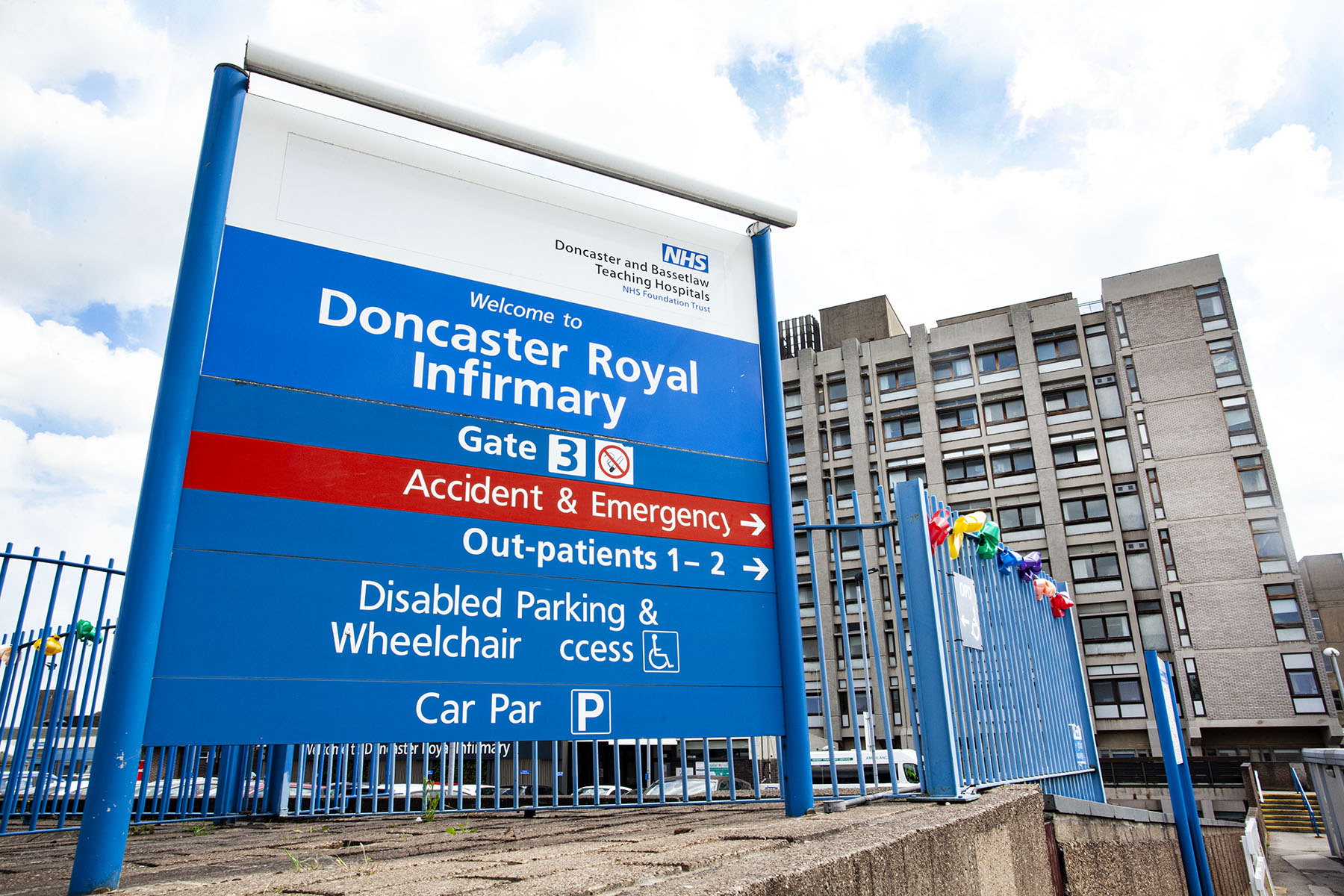FGM is a procedure where the female genitals are deliberately injured for non-medical reasons and is an illegal practice in the UK.
The procedure can seriously harm the health of women and girls and can also cause long-term problems with sexual and mental health.
This new clinic is a vital service aimed at supporting women through their pregnancies and birth, offering specialist knowledge of the issues that can arise following FGM. It reflects the hospital’s commitment to providing compassionate, specialised care and support for women and girls affected by this practice.
Janine Grayson, Head of Equity, Equality and Inclusivity and Specialist FGM Midwife at Doncaster and Bassetlaw Teaching Hospitals, said, “The opening of this clinic represents a crucial step forward in our efforts to address the needs of FGM survivors. Our goal is to provide support and treatment for pregnant women who have experienced FGM or those planning a pregnancy.”
“The clinic will offer specialised care with expert assessment and treatment options for FGM-related complications. Educational resources and information for survivors and their families will be available through the service to increase understanding of the issues that arise from FGM and to support prevention efforts.”
This new service is just one of the ways in which Doncaster and Bassetlaw Teaching Hospitals is tackling health inequalities, by providing specialist services that cater to the needs of communities disproportionately affected by specific health issues.
The clinic plays a key role in ensuring that those from marginalised communities receive the care they need, as part of the Trust’s wider commitment to reducing health inequalities.
As part of the organisation’s wider Health Inequalities Strategy, the Trust is actively working to address disparities in healthcare access and outcomes through targeted services.
These efforts include developing training frameworks to better equip teams to recognise and address health inequalities, alongside other initiatives designed to ensure that every patient receives equitable and compassionate care.




